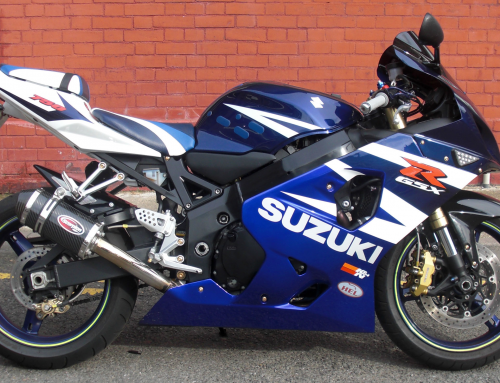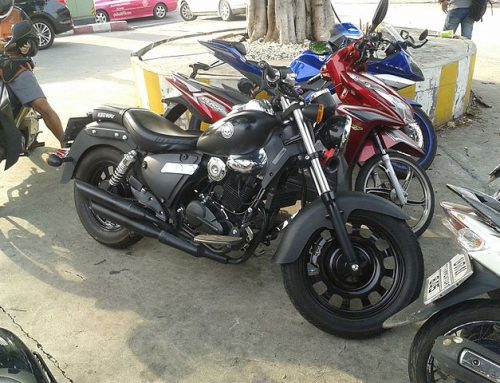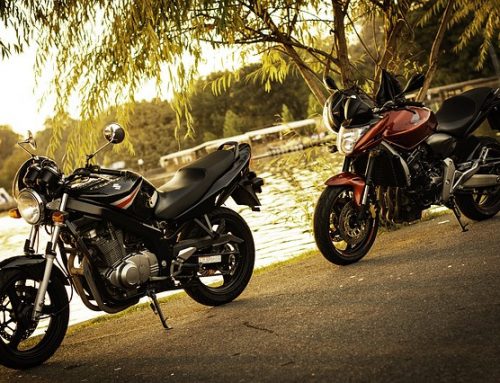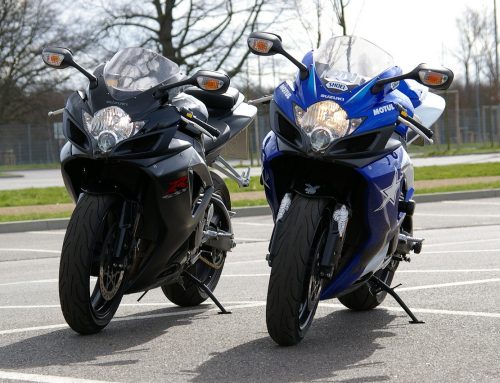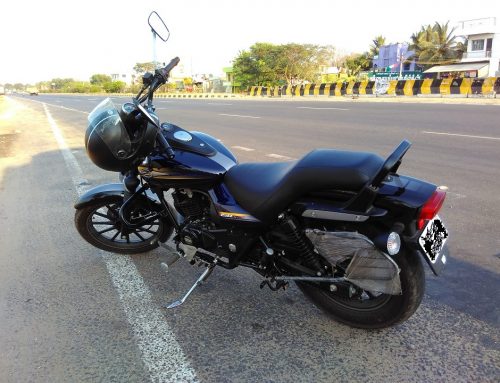A trailer will require maintenance, just like the ATV or other vehicles you carry on it. You need to care for it to prevent it from needing costly and inopportune fixes. All you need to do is plan ahead and have useful information about your lugs, tires, and electrical systems. Whenever you have a chance, put some effort to handling these few undertakings before you carry your ATV.
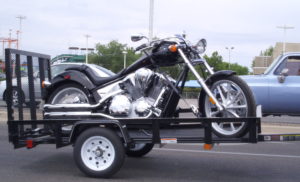 Broken or poor quality connections on the trailer can lead to unexpected issues. Variances in the air temperature and going over harsh terrain can negatively affect more of a vehicle than just what is on the road. Trailer wires can disengage, become broken, or even short out, and you probably won’t know until it becomes a problem. There are some things you can do to ensure you don’t have to deal with broken brake lights or other nasty surprises.
Broken or poor quality connections on the trailer can lead to unexpected issues. Variances in the air temperature and going over harsh terrain can negatively affect more of a vehicle than just what is on the road. Trailer wires can disengage, become broken, or even short out, and you probably won’t know until it becomes a problem. There are some things you can do to ensure you don’t have to deal with broken brake lights or other nasty surprises.
The electrical plug on the trailer that hooks up to your vehicle’s hitch can likewise give you issues, and more often than not the cause is blocked or poor connections. If the connection isn’t strong, apply some electrical contact spray onto the male and female parts and spread the fluid with a Q-tip. After the lights are working once more, slide a plastic sandwich pack over the connection and secure it with an elastic band at any time the trailer isn’t being utilized. It ought to decrease how often you need to clean grimy association fittings. Likewise, remember to check the fuses in your vehicle when lighting issues happen.
If you happen to be still be using halogen lights, note that LED bulbs don’t need as much energy to function and will last you longer. The main downside to LED lights is that they require a solid ground connection to work. Most of the wiring systems on a trailer utilize a trailer ball as a ground connection that can potentially rust. Apply a wire brush attached to a drill to clean both the trailer ball on your vehicle as well as inside the coupler on the edge of the trailer’s tongue to guarantee that the contact is clean. Including a tad of grease on the two sections a short time later is essential, and will diminish the chance you’ll need to do it all over again later on.
Connections for trailer lights normally have a way to quickly disconnect on each wire that can possibly erode. Before you take your trailer out for the first time, disengage the fittings each one in turn and clean them with the right tools. At that point, before reconnecting, include a smidgen of dielectric grease to the connection and fold a little bit of electrical tape around the joint to diminish erosion and keep the fitting from accidentally opening up.
Get a good air gauge check, even a digital one, instead of a cheap one. You no longer have to guess with precise psi readings to make the air filling a tire accurate. Keep one in the dashboard with the batteries out so you can be certain it is going to work when it has to. Keep a low profile bottle jack instead of a fragile scissor jack. Bottle jacks allow the task to be quicker, easier and safer for those times when you need to replace a tire.
It’s something that gets overlooked often; yet keeping up the right tire pressure will make the ride more comfortable, lessen the odds of a tire blowing out, and improve your gas mileage. Make sure to check your extra tire too. All things considered, it’s additionally recommended that you cover your extra tire. A tire spread keeps it out of the sun and defers dry spoil.
You can fix some leaks of air in the tire, or possibly fix a tire to the point where you can get moving again. Items that infuse liquid or foam into a tire to fix a hole are great for helping you to get moving a short distance for a time so you can move somewhere an appropriate repair can be made. In any case, keep in mind that those items can likewise cause harm. An option is a straightforward patch kit. It’s something that is a good idea to keep close by.
The wheels and tires are for the most part a standout amongst the most hazardous but manageable trailer issues. Broken rims, blown out tires and especially flat tires are a common issue for any wheeled vehicle, particularly if you drive it on harsh landscape. Here some ways to guarantee you can get a wheel off of your trailer when it needs to be fixed.
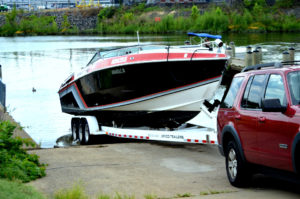 Use a breaker bar with a socket instead of the usual lug wrench. Be certain that you have an attachment that fits into the edge and fits over the nuts you may need to use. You might want to have a spare one as well. Keep in mind that if a bolt is particularly lengthy, you’ll need a deep well socket that will still fit. Also there are trailer wheels which have tight fittings and may require a thin walled socket.
Use a breaker bar with a socket instead of the usual lug wrench. Be certain that you have an attachment that fits into the edge and fits over the nuts you may need to use. You might want to have a spare one as well. Keep in mind that if a bolt is particularly lengthy, you’ll need a deep well socket that will still fit. Also there are trailer wheels which have tight fittings and may require a thin walled socket.
Extricate and fix your wheel lugs once or twice every year. This will help to that ensure the wheels are fixed appropriately, and it gives you a chance to remove any deterioration so you can release wheels later absent much inconvenience. At the point when the lugs are off, cover them with a spray to reduce erosion to keep them from getting irrecoverably stuck after you set them back on. Remember to do a similar procedure to your extra wheel if it is held on its own set of bolts.
While a breaker bar allows for considerably more force than a simple four-way lug wrench or the very cheap wrenches included with your vehicle, you may want to have even more strength to use. If you have space for it, co0nsider having a cordless drill in your vehicle, and ensure the battery is full before you leave home. There are a few models accessible that have as much power as pneumatic devices. It’s a useful method to overcome a fix as quick as conceivable as opposed to needing roadside help.
Whether you carry an ATV, motorcycles or even watercraft on your trailer, keeping it well maintained will guaranteed long years of use.

